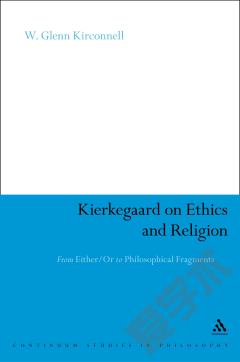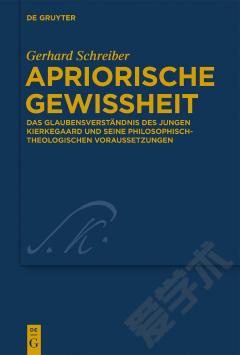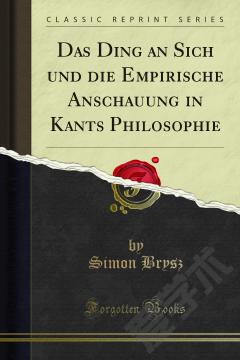Kierkegaard on Sin and Salvation —— From Philosophical Fragments through the Two Ages
----- Kierkegaard(存在主义之父)论罪与赎
Søren Kierkegaard (1813-1855) is simultaneously one of the most obscure philosophers of the Western world and one of the most influential. His writings have influenced atheists and faithful alike. Yet despite his now pervasive influence, there is still widespread disagreement on many of the most important aspects of his thought. Kierkegaard was deliberately obscure in his philosophical writings, forcing his reader to interpret and reflect. But at the same time that Kierkegaard produced his esoteric, pseudonymous philosophical writings, he was also producing simpler, direct religious writings. Since his death the connections between these two sets of writings have been debated, ignored or denied by commentators. Here W. Glenn Kirkconnell undertakes a thorough examination of the two halves of Kierkegaard's authorship, demonstrating their ethical and religious relationship and the unifying themes of the signed and pseudonymous works. In particular the book examines Kierkegaard's understanding of the fall of the self and its recovery and the implications of his entire corpus for the life of the individual.
{{comment.content}}








 京公网安备 11010802027623号
京公网安备 11010802027623号